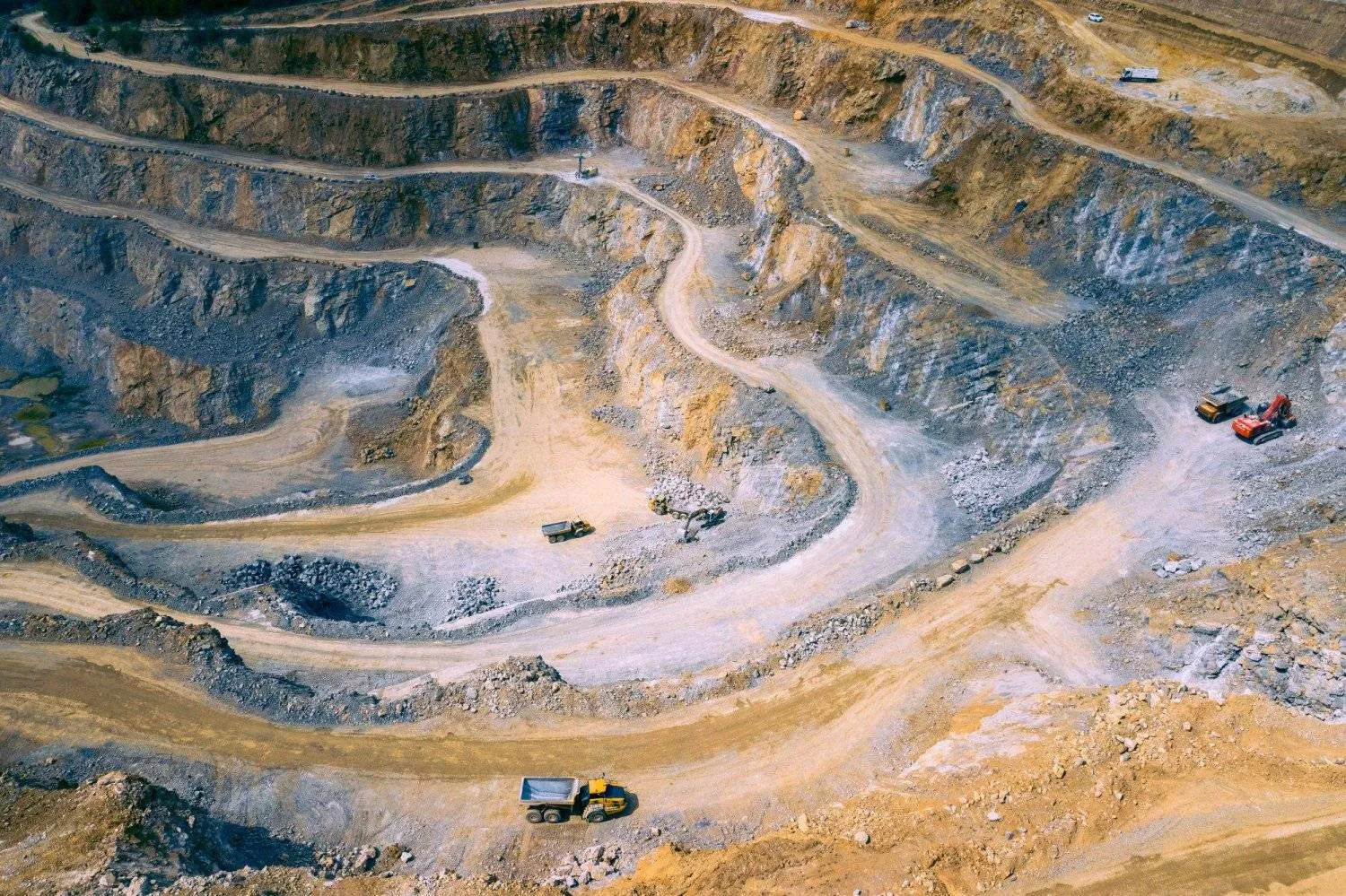OPEC Secretary General Haitham Al Ghais said on Monday that those that talk of critical minerals delivering the world a future of only renewables and EVs, are not providing a full picture.
In an article published on the organization’s official website, Al Ghais spoke about the many future energy pathways for nations and peoples across the world, affirming that “we all need to be realistic about how these can be achieved.”
Al Ghais said that sustainable energy pathways are vital for populations all over the world. However, he noted, “we need to appreciate the real-world impacts of scenarios and policies aimed at ramping up renewables and electric vehicles (EVs). There are many elements that filter into this, a central one being the role played by critical minerals.”
At this point, he mentioned the International Energy Agency (IEA), which says that in its Net Zero Emissions (NZE) by 2050 Scenario, demand for critical minerals quadruples by 2040.
“It is a pace never seen before in history,” Al Ghais wrote.
He noted that while these minerals, such as copper, cobalt, silicon, nickel, lithium, graphite and rare earths underpin the development of renewables and EVs, OPEC Member Countries are investing heavily in renewables, in all stages of their supply chains, and participating in the development of EVs.
OPEC attaches an importance “to the role of renewables and electrification in our energy future,” he said.
Al Ghais then posed several questions on the nature of such an expansion of critical mineral requirements.
“Is this kind of expansion truly feasible? What are the implications? How sustainable is it? And how important is oil and gas to the expansion of critical minerals, as well as renewables, EVs and grids,” he asked.
In the mentioned IEA scenario, Al Ghais said that by 2040, copper demand rises by 50%, rare earths demand almost doubles, cobalt demand more than doubles, and nickel demand is close to tripling.
“These are nowhere near the largest increases either. Graphite demand grows almost four times, and lithium sees a nearly ninefold expansion by 2040, underlining its crucial role in batteries,” he noted.
The OPEC Secretary General affirmed that this will require the construction of a huge number of new mines.
“Back in 2022, the IEA said that by 2030 alone, the world would need to build 50 new lithium mines, 60 new nickel mines and 17 cobalt mines,” he said.
He added, “It should be borne in mind that, historically, critical supply chain projects, such as for these types of commodities, have had long development lead times, from discovery to first production.”
Here, Al Ghais asked another question: is such growth realistic? And what might the impact be if growth comes up short, and equally importantly, what if policymakers have also followed a path of no longer investing in new oil and gas projects?
The Secretary General said EVs, wind turbines, solar panels, as well as new grids, are all hungry for critical minerals.
“An EV contains approximately 200 kg of minerals,” he explained. “For contrast, a conventional car uses around 34 kg. One megawatt of electricity produced by an offshore wind turbine requires around 15 tons of minerals, while the figure for solar is around seven tons. For natural gas, it is just over 1 ton.”









